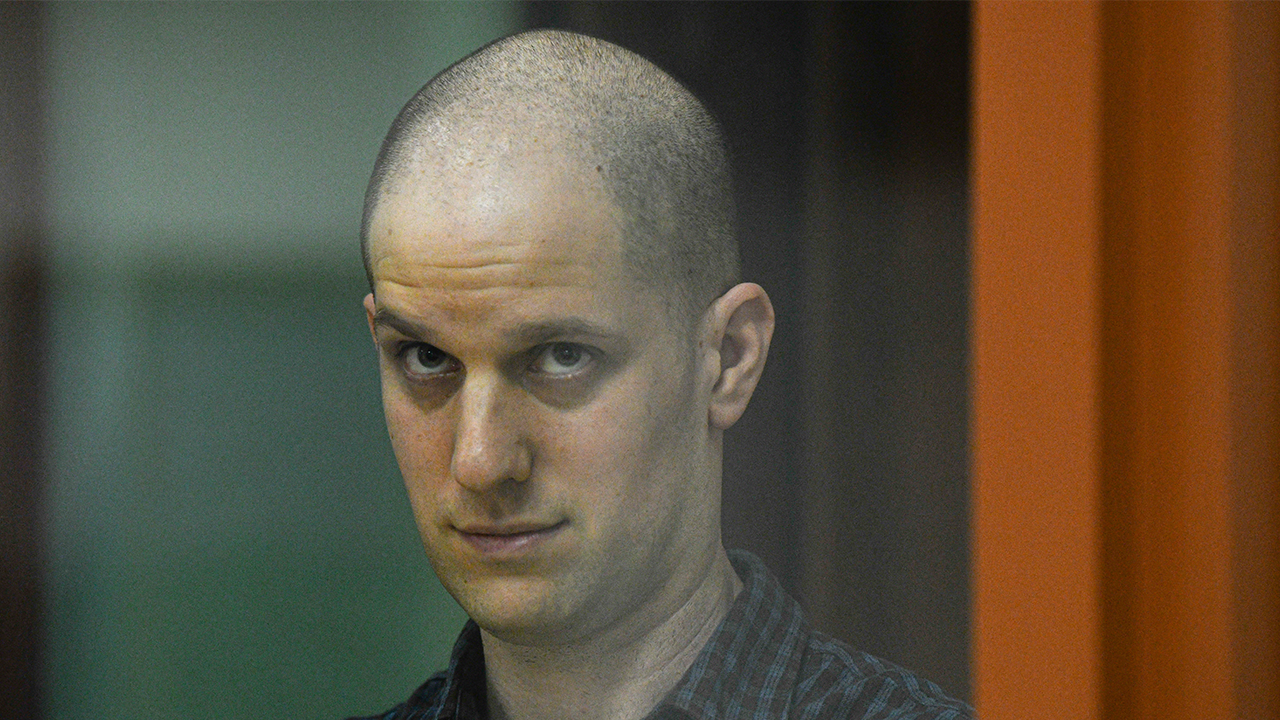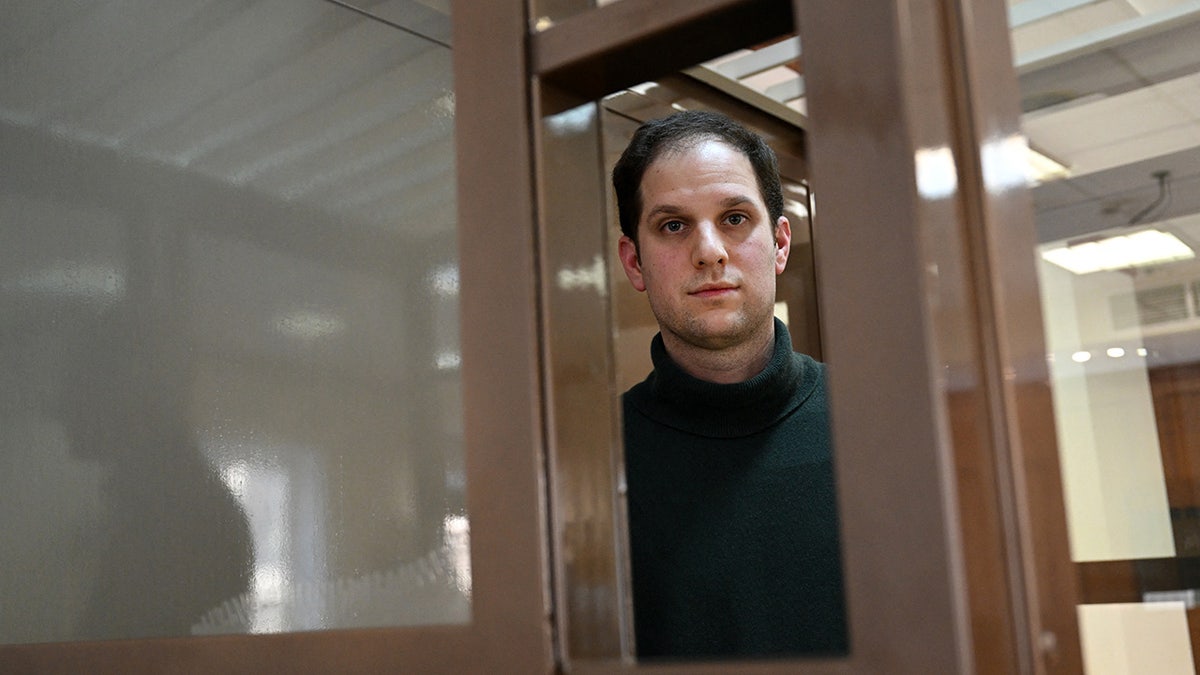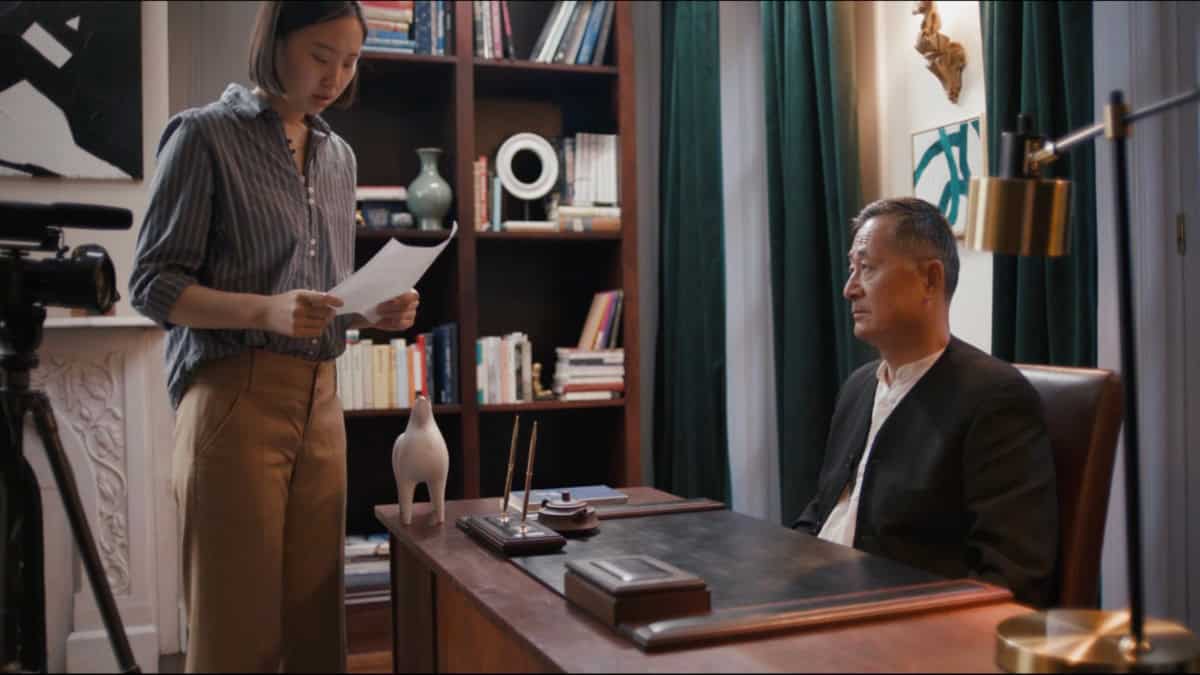World
France’s AFP sues Musk’s X social media, cites refusal to discuss payment for news
/cloudfront-us-east-2.images.arcpublishing.com/reuters/EA2654MRVZJG3C3SA4VRKFKLT4.jpg)
‘X’ logo is seen on the top of the headquarters of the messaging platform X, formerly known as Twitter, in downtown San Francisco, California, U.S., July 30, 2023. REUTERS/Carlos Barria/File Photo
Aug 3 (Reuters) – Agence France-Presse (AFP) said on Wednesday it filed a lawsuit in Paris against Elon Musk’s X social media platform, formerly known as Twitter, accusing it of failing to discuss potential payment for the distribution of the news agency’s content.
France in 2019 enacted a copyright rule dubbed “neighbouring rights” that compels large online platforms to open talks with publishers seeking remuneration for news.
“Agence France-Presse has expressed its concerns over the clear refusal from Twitter (recently rebranded as ‘X’) to enter into discussions regarding the implementation of neighbouring rights for the press,” the news agency said in a statement.
Musk criticised AFP’s move in an X social media post.
“This is bizarre. They want us to pay *them* for traffic to their site where they make advertising revenue and we don’t!?” he said.
X did not respond to a request for comment.
In 2021, France’s antitrust watchdog fined Alphabet’s (GOOGL.O) Google 500 million euros for failing to comply with orders on how to conduct talks with the country’s news publishers.
Since then, Google has committed to resolving the dispute and has announced deals with AFP and several other leading French news organisations. Meta Platforms’ (META.O) Facebook too has signed agreements with some French publishers.
Reporting by Shubham Kalia in Bengaluru; Editing by Edwina Gibbs
Our Standards: The Thomson Reuters Trust Principles.

World
Flatulent cows and pigs will face a carbon tax in Denmark, a world first
COPENHAGEN, Denmark (AP) — Denmark will tax livestock farmers for the greenhouse gases emitted by their cows, sheep and pigs from 2030, the first country in the world to do so as it targets a major source of methane emissions, one of the most potent gases contributing to global warming.
The aim is to reduce Danish greenhouse gas emissions by 70% from 1990 levels by 2030, said Taxation Minister Jeppe Bruus.
As of 2030, Danish livestock farmers will be taxed 300 kroner ($43) per ton of carbon dioxide equivalent in 2030. The tax will increase to 750 kroner ($108) by 2035. However, because of an income tax deduction of 60%, the actual cost per ton will start at 120 kroner ($17.3) and increase to 300 kroner by 2035.
Although carbon dioxide typically gets more attention for its role in climate change, methane traps about 87 times more heat on a 20-year timescale, according to the U.S. National Oceanic and Atmospheric Administration.
Levels of methane, which is emitted from sources including landfills, oil and natural gas systems and livestock, have increased particularly quickly since 2020. Livestock account for about 32% of human-caused methane emissions, says the U.N. Environment Program.
“We will take a big step closer in becoming climate neutral in 2045,” Bruus said, adding Denmark “will be the first country in the world to introduce a real CO2 tax on agriculture” and hoped other countries would follow suit.
New Zealand had passed a similar law due to take effect in 2025. However, the legislation was removed from the statute book on Wednesday after hefty criticism from farmers and a change of government at the 2023 election from a center-left ruling bloc to a center-right one. New Zealand said it would exclude agriculture from its emissions trading scheme in favor of exploring other ways to reduce methane.
In Denmark, the deal was reached late Monday between the center-right government and representatives of farmers, the industry, unions, among others, and presented Tuesday.
Denmark’s move comes after months of protests by farmers across Europe against climate change mitigation measures and regulations that they say are driving them to bankruptcy.
The Danish Society for Nature Conservation, the largest nature conservation and environmental organization in Denmark, described the tax agreement as “a historic compromise.”
“We have succeeded in landing a compromise on a CO2 tax, which lays the groundwork for a restructured food industry -– also on the other side of 2030,” its head Maria Reumert Gjerding said after the talks in which they took part.
A typical Danish cow produces 6 metric tons (6.6 tons) of CO2 equivalent per year. Denmark, which is a large dairy and pork exporter, also will tax pigs although cows produce far higher emissions than pigs.
The tax is to be approved in the 179-seat Folketing, or parliament, but the bill is expected to pass after the broad-based consensus.
According to Statistic Denmark, there were as of June 30, 2022, 1,484,377 cows in the Scandinavian country, a slight drop compared to the previous year.
__
Read more of AP’s climate coverage at http://www.apnews.com/climate-and-environment
__
Associated Press writer Charlotte Graham-McLay in Wellington, New Zealand, contributed to this report.
World
Evan Gershkovich's closed-door trial on espionage charges begins in Russia, where a conviction is expected

Wall Street Journal reporter Evan Gershkovich’s trial in Russia on espionage charges is starting Wednesday behind closed doors in the city of Yekaterinburg.
Gershkovich, 32, was arrested in March 2023 in Yekaterinburg on espionage charges, with Russian authorities alleging he was gathering secret information for the CIA, a claim he, his employer and the U.S. government deny.
“Evan Gershkovich is facing a false and baseless charge. … The Russian regime’s smearing of Evan is repugnant, disgusting and based on calculated and transparent lies. Journalism is not a crime,” Wall Street Journal publisher Almar Latour and chief editor Emma Tucker said after his trial date was announced. “We had hoped to avoid this moment and now expect the U.S. government to redouble efforts to get Evan released.”
He is the first known Western journalist to be arrested on espionage charges in post-Soviet Russia.
WSJ REPORTER EVAN GERSHKOVICH SET TO BEGIN ESPIONAGE TRIAL ON JUNE 26
Wall Street Journal reporter Evan Gershkovich stands in a glass cage in a courtroom in Yekaterinburg, Russia, Wednesday, June 26, 2024. (AP)
The journalist appeared in the courtroom Wednesday morning in a glass cage, with his head shaven, according to The Associated Press.
Gershkovich’s appeals seeking his release have thus far been rejected.
“Evan has displayed remarkable resilience and strength in the face of this grim situation,” U.S. Ambassador to Russia Lynne Tracy said on the anniversary of Gershkovich’s arrest.
If convicted, which is expected, Gershkovich faces up to 20 years in prison. Russian courts convict more than 99% of defendants and prosecutors can appeal sentences that they believe to be light. Prosecutors can even appeal acquittals.
The Russian Prosecutor General’s office said Gershkovich is accused of gathering secret information on orders from the CIA about Uralvagonzavod, a plant that produces and repairs military equipment about 90 miles north of Yekaterinburg.

If convicted, Gershkovich faces up to 20 years in prison. (NATALIA KOLESNIKOVA/AFP via Getty Images)
Another American detained in Russia, American corporate security executive Paul Whelan, was arrested in Moscow for espionage in 2018 and is serving a 16-year sentence.
Gershkovich’s arrest came about a year after Russian President Vladimir Putin pushed laws that drew concerns about journalism in the country, criminalizing criticism of the war against Ukraine and statements viewed by officials as discrediting the military.
Foreign journalists largely left the country after the laws passed. Many gradually moved back in subsequent months, but concerns still remained about whether Russian authorities would take action against them.
Several Western reporters have been forced to leave following Gershkovich’s arrest because Russia would not renew their visas.
WSJ REPORTER EVAN GERSHKOVICH ORDERED TO STAND TRIAL IN RUSSIA ON CHARGE OF ‘GATHERING SECRET INFORMATION’

Wall Street Journal reporter Evan Gershkovich is escorted from the Lefortovsky court in Moscow, Russia, Friday, Jan. 26, 2024. (AP Photo/Alexander Zemlianichenko)
Following Gershkovich’s arrest, many feared Russia was targeting Americans amid tensions with the U.S.
Russia has suggested a prisoner exchange for Gershkovich could potentially happen in the future, but such a swap is not possible until a verdict is reached in his case. Putin has floated the idea that he might be interested in freeing Vadim Krasikov, a Russian imprisoned in Germany for the assassination of a Chechen rebel leader.
In 2022, Russia and the U.S. worked out a swap that released WNBA star Brittney Griner, who was serving a 9 1/2-year sentence for cannabis possession in Russia, in exchange for arms dealer Viktor Bout, also known as “the Merchant of Death.”
The Biden administration would likely be sensitive when negotiating a swap for Gershkovich, not wanting to appear to be giving away too much after intense criticism of trading Bout for Griner.
The Associated Press contributed to this report.
World
US journalist Gershkovich on trial in Russia over spying charges he denies

American journalist Evan Gershkovich went on trial behind closed doors in Russia on charges of espionage 15 months after he was arrested in the city of Yekaterinburg.
The 32-year-old Wall Street Journal reporter appeared in a glass cage in the Yekaterinburg courtroom on Wednesday, with his head shaven clean and wearing a black-and-blue plaid shirt.
Gershkovich is accused by prosecutors of gathering secret information about Uralvagonzavod, a plant manufacturing tanks for Russia’s war in Ukraine, on the orders of the Central Intelligence Agency (CIA).
Prosecutor Mikael Ozdoyev claimed there was proof that Gershkovich “on the instructions of the CIA … collected secret information about the activities of a defence enterprise about the production and repair of military equipment in the Sverdlovsk region”.
The court said the next hearing will be held on August 13.
The US Embassy in Russia on Wednesday called for Gershkovich’s release and said the “Russian authorities have failed to provide any evidence supporting the charges against him, failed to justify his continued detention, and failed to explain why Evan’s work as a journalist constitutes a crime”.
1/5
Today, a Russian court began closed-door proceedings in the case of Wall Street Journal reporter, Evan Gershkovich, who has been wrongfully detained by Russian authorities for more than a year. https://t.co/edWy9MGvPm— Посольство США в РФ/ U.S. Embassy Russia (@USEmbRu) June 26, 2024
The Journal said the “secret trial” will “offer him few, if any, of the legal protections he would be accorded in the US and other Western countries”.
The reporter, his employer and the United States government vigorously deny the allegations, saying he was just doing his job, with accreditation from Russia’s Ministry of Foreign Affairs.
On Tuesday, the Journal’s editor-in-chief, Emma Tucker, wrote in a letter to readers that Russian judicial proceedings are “unfair to Evan and a continuation of this travesty of justice that already has gone on for far too long”.
Tucker said: “This bogus accusation of espionage will inevitably lead to a bogus conviction for an innocent man.”
If convicted, Gershkovich faces a sentence of up to 20 years in prison. A verdict could be months away because Russian trials often adjourn for weeks.
Tucker noted that even covering Gershkovich’s trial “presents challenges to us” and other media “over how to report responsibly on the proceedings and the allegations”.
“Let us be very clear, once again: Evan is a staff reporter of The Wall Street Journal. He was on assignment in Russia, where he was an accredited journalist,” she wrote.
The case, the US Embassy wrote on X, “is not about evidence, procedural norms or the rule of law. It is about the Kremlin using American citizens to achieve its political objectives”.
‘Hostage diplomacy’
The American-born son of immigrants from the Soviet Union, Gershkovich is the first Western journalist to be arrested on espionage charges in post-Soviet Russia.
His detention came about a year after President Vladimir Putin pushed through laws that chilled journalists, criminalising criticism of the war in Ukraine and statements seen as discrediting the military.
After his arrest on March 29, 2023, Gershkovich was held in Moscow’s Lefortovo prison. His appeals for release have been repeatedly rejected.
The proceedings will take place behind closed doors, meaning that the media is excluded and no friends, family members or US embassy staff are allowed in to support him.
Putin has indicated that Russia is open to the idea of a prisoner exchange involving Gershkovich and others, claiming that contacts with the US have taken place, but that they must remain secret.
The US has in turn accused Russia of conducting “hostage diplomacy”.
It has designated Gershkovich and another jailed American, security executive Paul Whelan, arrested in Moscow for espionage in 2018, as “wrongfully detained”, thereby committing the government to assertively seek their release.
In its statement, the US Embassy said Russia should stop using people like Gershkovich and Whelan “as bargaining chips”. “They should both be released immediately,” it said.
-

 World1 week ago
World1 week agoProtesters in Brussels march against right-wing ideology
-

 News1 week ago
News1 week agoA fast-moving wildfire spreads north of Los Angeles, forcing evacuations
-

 Movie Reviews1 week ago
Movie Reviews1 week agoShort Film Review: Willow and Wu (2024) by Kathy Meng
-

 World1 week ago
World1 week agoAl-Qaeda affiliate claims responsibility for June attack in Burkina Faso
-

 News1 week ago
News1 week agoMass shooting at Rochester Hills splash pad: Everything we know
-

 Movie Reviews1 week ago
Movie Reviews1 week agoFancy Dance (2024) – Movie Review
-

 Politics1 week ago
Politics1 week agoTrump resurrects Biden's 'devastating' 1994 crime bill as he courts Black Detroit voters: ‘Super predators'
-

 World1 week ago
World1 week agoRussia sets date for closed-door trial of US journalist


















